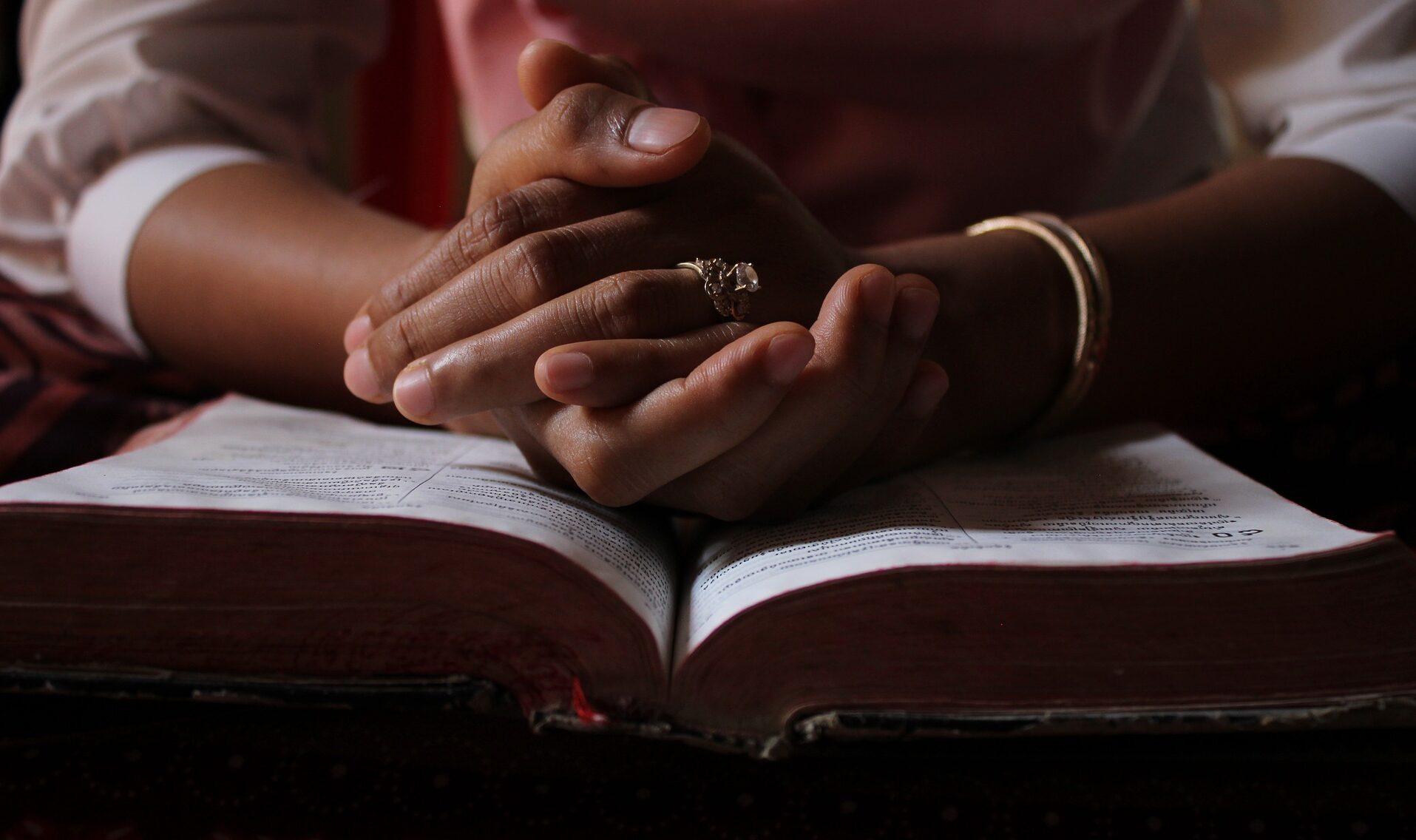Canon law governs the life of the Catholic Church in moral, civil and social obligations. Canon law associates itself with the natural law as human beings seek to form their consciences and claim for themselves a proper and balanced philosophy of life; a means by which one may live in the world and not necessarily conform oneself to the values, or, the lack thereof, one may find in the world. Choosing to do good and avoid evil is a basic concept one learns early on in life. These are lessons often taught by our parents, good Catholic school teachers, consecrated religious and/or priests. Conscience formation and making “good” choices can be easily learned in a Catholic home where mother and father work together to help their children make those choices and learn to understand the consequences of proper or improper actions.
“The Church is always at hand to assist us in deciding how to set our moral compass.”
As we mature in life and find ourselves living away from home or more “on our own,” a sense of choosing wisely becomes an issue of applying the lessons learned from home, good teachers, religious and spiritual upbringing. The Church is always at hand to assist us in deciding how to set our moral compass. As we grow older and put aside the ways of children, we start to understand how to choose the “right” or the “wrong” way of living our lives. Those choices can, then, help us to be comfortable with our lives and the ways in which we live them. Our Catholic Faith teaches us early on in our spiritual and moral development to apologize—to ask forgiveness—for making poor decisions that can hurt others and even ourselves.
The Church reaffirms the obligation to do penance—to interrupt the usual comforts or routines of life—to set a “course correction”—and do better. Thus, as we grow older and mature in life, we can rediscover in prayer—again and again—the saving love of God, the practice of charity and justice in our actions and thoughts about our brothers and sisters with whom we share God’s magnificent creation.
Reconciliation and renewal thus become parts of the rebuilding or strengthening of our spiritual lives, especially during the holy season of Lent. Prayer and mortification, sacrifice and almsgiving, also become associated with our plan of action for Lent. Deepening our prayerful action during Lent takes on many different spiritual activities. Increased Mass attendance is most beneficial for all of us, especially during Lent. In addition, family prayer and church visitation other than Mass attendance can be most fruitful, especially using the Stations of the Cross. Prayerful reading of the Bible using small portions from the Old or New Testaments, done as a family, produces extra benefits. Fasting—or other kinds of sacrifice or self-denial—is beneficial, especially when put together in some sort of family structure. The rosary is, of course, a prime motivator for prayer and renewal. It is very important for all the faithful to remember that we are each obliged to receive holy Communion at least once a year. This is to be accomplished during the time from Ash Wednesday until Trinity Sunday. Keep in mind, of course, that while Communion must be received, one must be in the state of sacramental grace. Namely, before we receive holy Communion we must reverently examine our consciences and confess our sins.
Lent is the ideal time for all of us to come to a “blessed confrontation with God”—an opportunity to evaluate our relationship with our Father through the strength of the Word and the sacraments that Jesus has given us through the power of the Holy Spirit in His holy Church. Let us pray for one another and be gracious to one another in the power of Lenten personal penance and the challenge of the Church for renewal. Our turning from sin and relying on the grace of God to set things straight in the daily spiritual and social aspects of life is, of course, an activity that will remind us, in the truest and most ancient of Christian and Lenten traditions, of the brevity of life and the length of eternity. Remember that you are dust and to dust you will return. I’ll see you at Sunday Mass.
Most Reverend William Patrick Callahan, Bishop of the Catholic Diocese of La Crosse
Published in the March 2022 Issue of Catholic Life Magazine

